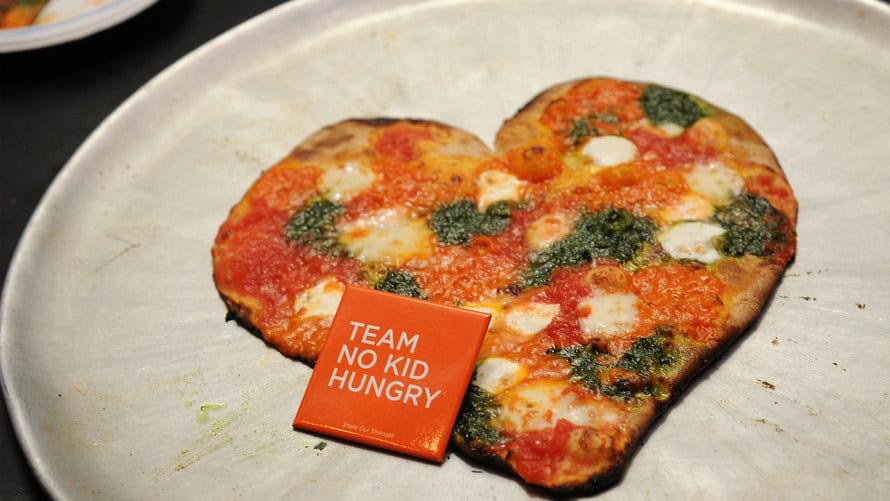
Americans were more generous than ever before this year
Americans seem to be getting more and more generous every year.
Four million donors and counting participated in Giving Tuesday, pushing the grassroots web-based movement past $1 billion in total online donations since it was launched seven years ago by the 92nd Street Y in New York City, organizers said Thursday.
Americans donated a record $380 million online this year, though citizens from across the globe also opened their wallets.
“When we first conceived of #GivingTuesday, we imagined a way to use people’s collective power to overcome what divides us, and unite behind our shared values,” Henry Timms, executive director of the 92nd Street Y and co-founder of #GivingTuesday, said in a statement.
Organizers don’t yet have figures on which causes got the most money, but they noted that donations went to a broad range of groups, from the nonprofit No Kid Hungry to DonorsChoose.org, which supports public school teachers, to Catholic parishes and schools, which raised $5.6 million.
The global Jewish non-profit HIAS — the group that reportedly enraged the man who shot 11 people to death at a Pittsburgh synagogue earlier this year — collected more than $350,000.
Some donors gave time instead of money, volunteering at events around the world. JetBlue JBLU, +1.08% hosted a volunteer trip to a surprise location, later revealed as the Dominican Republic, and some participated in a telethon for the California wildfire relief. Venezuelan volunteers distributed food to hungry people on the streets of Caracas and people in Puerto Rico continued efforts to rebuild their cities’ homes and beaches after Hurricane Maria.
Americans have been giving to charity in record amounts in recent years, but the majority of that giving is coming from the country’s wealthiest households. That trend has sparked criticism about the outsized influence that “mega-donors” now wield.
Online giving has become much easier. Websites like GoFundMe and Kickstarter let people start their own campaigns to raise money for personal causes — like a loved one passing away unexpectedly or a sudden illness. Facebook FB, +0.98% also has a fundraising feature now, which has raised more than $1 billion for nonprofit and personal causes alone.
Donors should be cautious when feeling generous, especially if they’re contributing to a stranger online rather than an established nonprofit. A GoFundMe campaign that went viral last year, started by a couple that was reportedly trying to raise money for a homeless veteran, turned out to be a scam. The New Jersey couple in charge of the campaign is facing charges of conspiracy and theft by deception for allegedly fabricating the story, and the homeless man involved was also arrested earlier this year.
GoFundMe’s spokesman said fraudulent campaigns make up less than one-tenth of 1% of all campaigns, but donors should still ask themselves questions such as “What exactly will this money be used for?” and “Do I know the people or charity that will benefit, or do I know someone who is familiar with it?”


